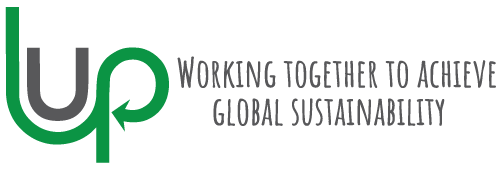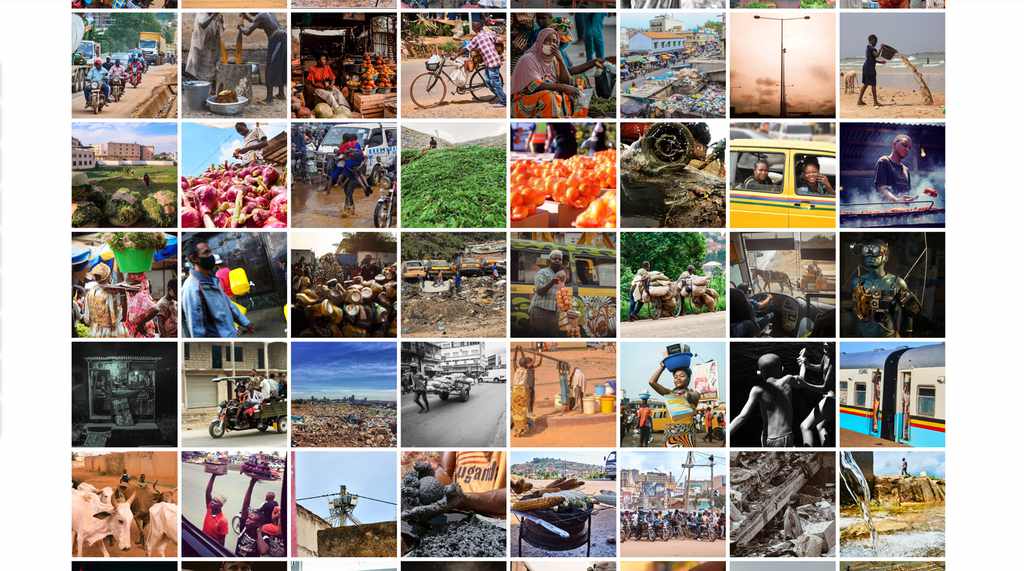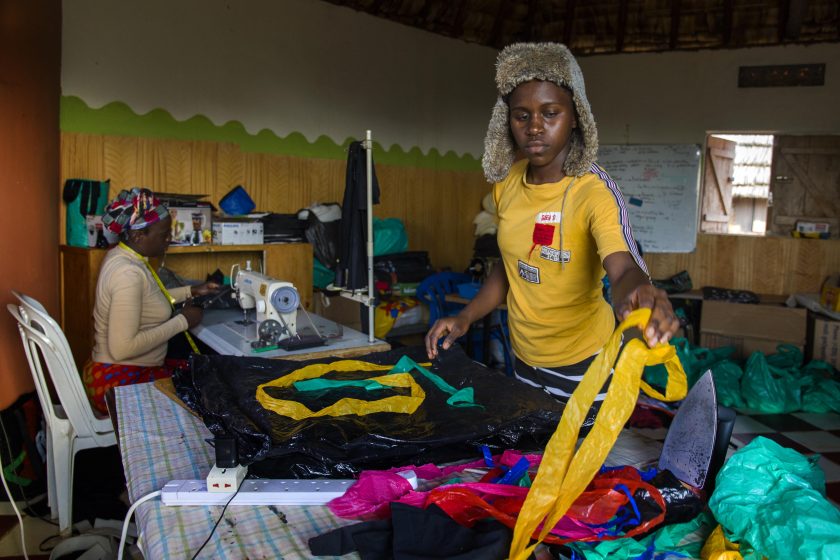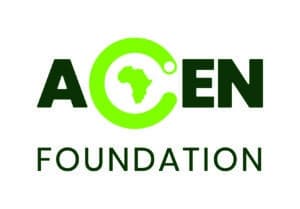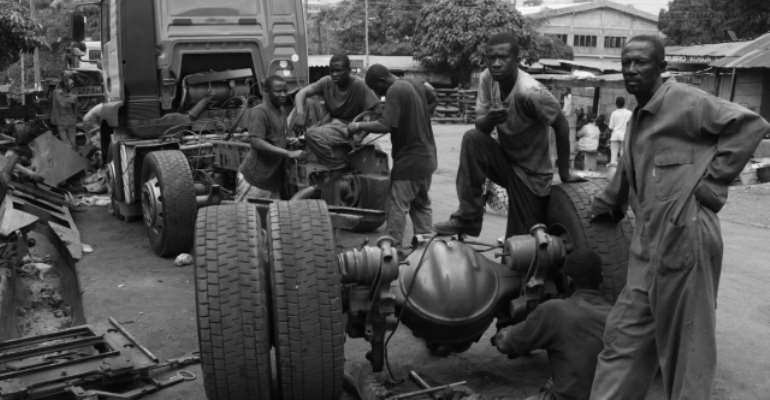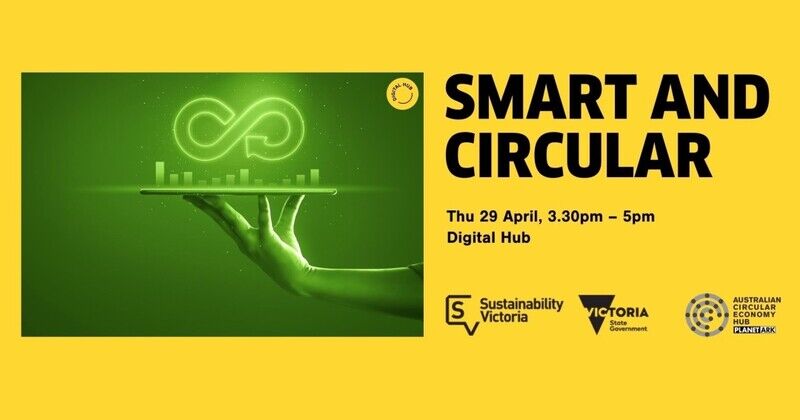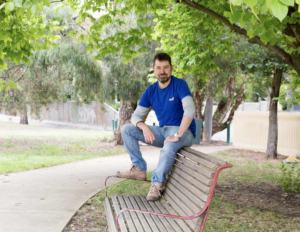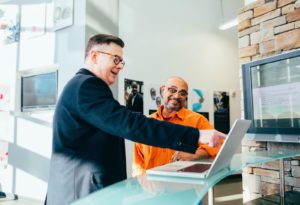

Circular Economy Business Innovation Centre (CEBIC) Featured Interview
GUEST EXPERT: EMILY JONES, PROGRAM OFFICER – VICTORIA GOVERNMENT CEBIC
This year Sustainability Victoria launched CEBIC, the Circular Economy Business Innovation Centre. We were fortunate enough to sit down & interview Emily Jones, (Acting Program Officer Business Innovation | Regions & Partnerships), to discuss the CEBIC & the exciting growing focus on Circular Economies within our local communities.
Emily is a circular economy pioneer with a passion for supporting businesses to innovate and transition towards a resilient, circular economy. She is an alumni of the Ellen MacArthur Foundation’s global From Linear To Circular program and currently advises on the Victorian Government’s Circular Economy Business Innovation Centre (CEBIC). The CEBIC seeks to support business and industry to innovate, adopt, and implement circular economy opportunities and business models.


LUP: Thanks for sitting down with us today Emily.
Emily: Thanks so much for having me! It’s great to reconnect with LUP Global after having Noreen speak at our Melbourne Knowledge Week event earlier this year.
LUP: Could you please advise why CEBIC was established and what your main mission is?
Emily: We know that businesses will play a pivotal role over the next decade in transitioning our economy to one that is more circular and regenerative. The Circular Economy Business Innovation Centre (CEBIC) was established by the Victorian Government under the Recycling Victoria policy to support and empower Victorian businesses to take circular action.
This is the main mission of the CEBIC and we are achieving it by:
bringing together businesses, industry bodies, research organisations, governments, and communities to collaborate and respond to innovation challenges
fostering innovation projects across supply chains to reduce waste, increase re-use and repair
and generate new streams of revenue for business
encouraging investment and leverage Victoria’s design and engineering expertise
partnering with other organisations that are also supporting businesses to transition to align
efforts


LUP: What type of businesses can access CEBIC support and how?
Emily: The CEBIC is for businesses large and small, across all industries, who are ready to take action to become circular. We have a variety of options for support including:
Thought-leadership events that bring together a panel of experts to discuss opportunities across the circular economy (such as our Melbourne Knowledge Week event that we had Noreen speak at).
Industry workshops and roundtables to bring together stakeholders to identify barriers and solutions to overcome them.
Publication of research and insights.
Funding programs that allow businesses to act and scale up innovative circular initiatives.
One to one chats available for businesses with a rep from CEBIC.
To get involved, businesses can start with a visit to the CEBIC Virtual Hub where they can subscribe to receive news and updates of opportunities within the Victorian Circular Economy.
https://www.cebic.vic.gov.au/
What´s on the agenda for the next 6-12 months and how can we at (L)ove (U)r (P)lanet and our broader network help?
Emily: Over the next 6-12 months we will be continuing to focus our efforts on enabling circular innovation and collaboration across industries and supply chains. The LUP network can play a big role in this. If you have an idea for your industry, intel to share or simply want to introduce yourself reach out to us at https://www.cebic.vic.gov.au/about-us/contact-us.
While we focus on all industries, each financial year we appoint a focus area that allows us to direct resources to focus efforts on waste reduction and materials efficiency in that industry. For 21-22, our focus is enabling a circular textiles economy.
More about CEBIC and how to get involved can be found here: https://www.cebic.vic.gov.au/about-us
